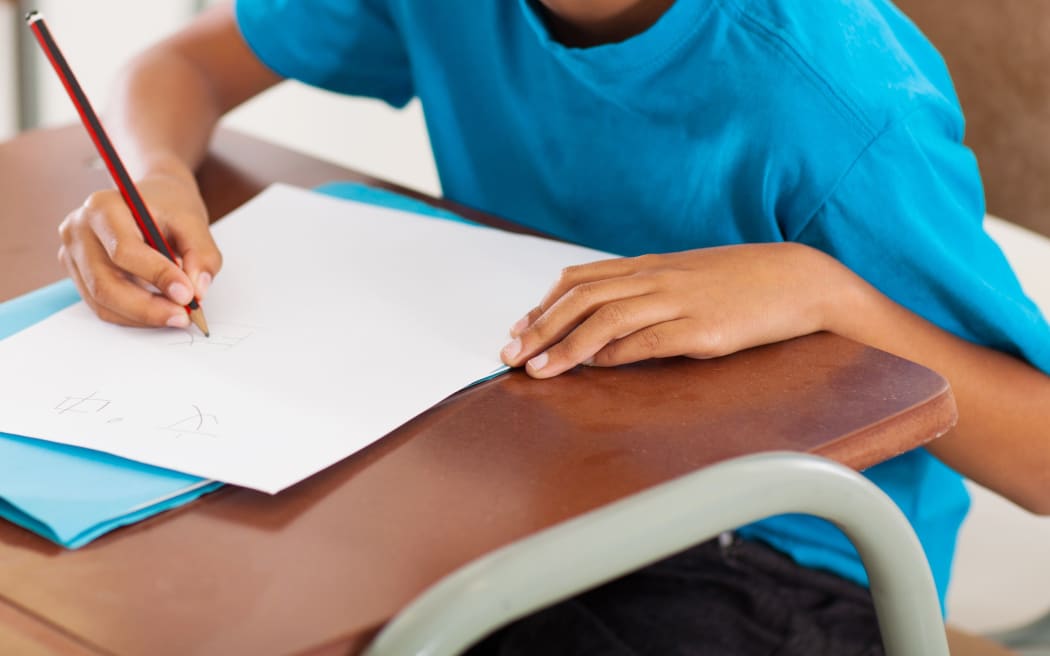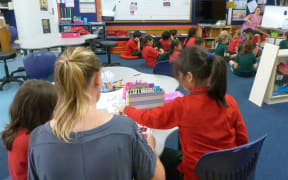Disability services provider IHC is fed up with delays in getting a hearing for allegations the education system is breaching the human rights of disabled children.

Photo: 123RF
The campaign started in 2008 and the Human Rights Review Tribunal held a preliminary hearing in 2015, but nothing has happened since.
IHC said in the meantime children with special needs were being denied their right to a full education.
Its director of advocacy, Trish Grant, said it was still waiting for a date for a full hearing and the the long delay was unfair.
"Children have human rights and they need access to a mechanism to have a timely response to any complaints made about them. This no way can be described as fair or timely," she said.
"It was actually first lodged in 2009 so that's the entire length of a child's primary school education. The kids that started with our complaint action have now left school."
Human Rights Commission chief legal adviser Janet Anderson-Bidois said it was aware of significant delays in the Human Rights Review Tribunal, which was independent of the commission.
"Delays of this nature raise very significant concerns about access to justice and the tribunal urgently needs to be provided with appropriate resources so that the process can operate in the manner that it was intended to," she said.
The tribunal was intended to provide an efficient way for people to pursue grievances under the Human Rights Act if they could not be resolved through the commission's mediation processes, Ms Anderson-Bidois said.
However, long delays were common.
"We've been involved in a case where there was a three-year delay between the time that the case was heard by the tribunal and the time that the actual decision was released," she said.
"We've got another case regarding religious instruction in schools and this was filed by the complainant in October 2016 and it's still awaiting allocation of a preliminary timetabling conference and even that preliminary conference is probably not going to take place until next year."
Justice Ministry spokeswoman Jacquelyn Shannon said it was conscious the tribunal's caseload had grown significantly.
In 2014/15, the tribunal received 49 applications and in 2016/17 it received 94 applications - an increase of 91.8 percent, she said.
Ms Shannon said the Human Rights Act required the tribunal's chairperson to be a member of every panel that heard a case.
"To assist the tribunal with its work and help deal with the increased workload, the government has appointed a second chairperson for a period of 12 months," she said.
'Really upset'
Antonia Hannah is one of the parents providing evidence in support of the IHC case.
She joined the case in 2009 because her son, Max, was running into barriers in the education system even before he started school.
"We - even at pre-school level - experienced being asked to pay for a teacher aide, we experienced being asked to pick our child up early. We started looking around at schools and basically were discouraged from attending those schools," she said.
Mrs Hannah said she had hoped the case would put an end to such discrimination and it was upsetting to talk to parents experiencing similar problems.
"They can't work and they don't know what to do because they're at home with their child because their child has no school and I know how they feel
"I'm really really upset that it's continuing," she said.
Meanwhile, the Education Ministry said it was committed to working with IHC about the issues in their claim.
The ministry was planning forums to share its work on building an inclusive education groups with advocacy and education groups.



